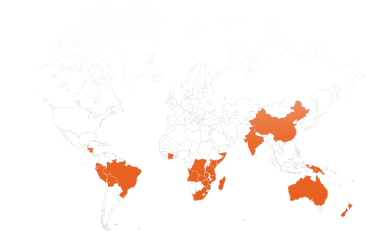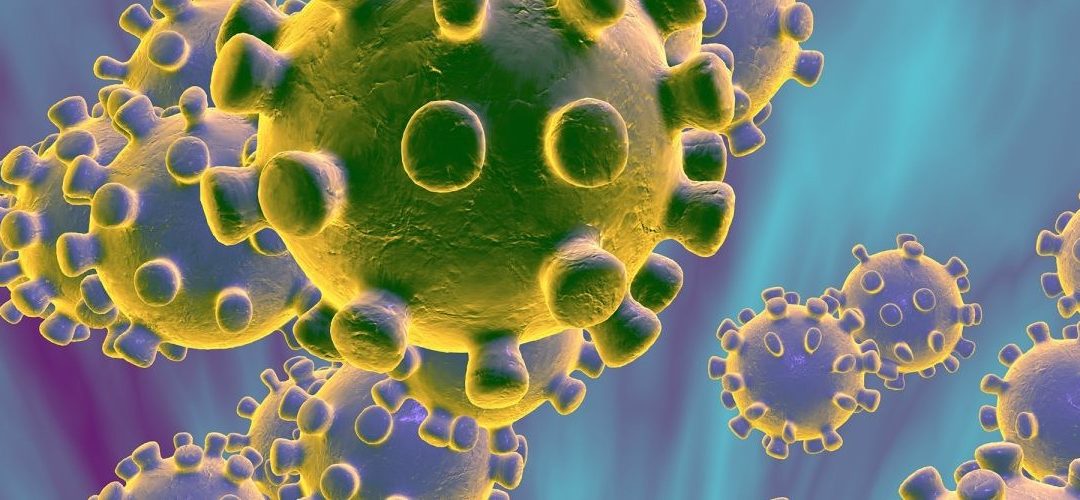UPDATED: December 21, 2020
Following the WHO’s declaration of a global pandemic of the Covid-19 Coronavirus, we at Kaya are following the progress of the situation to ensure we support our in-country teams and our participants as the situation continues to evolve. Our thoughts go out to all those affected by the illness.
Read Kaya Statement on Coronavirus Outbreak.
Find out about the changes we have made for anyone considering joining a future Kaya program once current challenges are overcome here.
On Feb 27 the World Health Organization and World Tourism Organization have released a joint statement that can be found here.
It is a call for responsible handling of the outbreak. Since this time, many guidelines have been put in place and many more facts are known about the risk, symptoms and spread of the virus. We call on all responsible travelers to take this advice and avoid further community spread. As we have been following the progress of the pandemic, we have put some protocols in place to reopen projects, and we encourage you to read more about how is Kaya responding to COVID-19.
As an organization that encourages global travel, and works with projects around the world in areas that rely on tourism and volunteers, we encourage people to educate themselves about the recent coronavirus, especially any travel restrictions and safety measures. It is important to understand the situation in relation to the risk level.
Read here for all the World Health Organization’s latest updates.
In 2020, Kaya had to suspend all programs and our emergency response team has been working to track the situation and implement plans for the reopening projects, one by one, with a safe and responsible approach.
At this time, some of Kaya’s locations continue to be affected by travel bans and restrictions, but things are changing quickly. Our risk assessment team is keeping up-to-date with what is happening around the world to make any updates as things change. In advising new participants, we inform them of the additional screenings and route restrictions to ensure their travels are the least affected. As uncertainty remains at this time as to how this pandemic will continue to evolve, we remain cautious on projects reopening and will be transparent with our participants with providing you with the latest information.
Working with institutions across the US and Europe, we can confirm we are following all the current recommended practices for educational and volunteer travel to ensure we are eventually able to continue in our important work at our locations, without exposing our participants and host communities to unnecessary risk.
Situation At Home
As countries respond to the COVID-19 pandemic with travel and border restrictions, both the UK Foreign and Commonwealth Office and the U.S. Department of State advises British and American nationals against all but essential international travel.
Situation Globally
- On March 11th, the World Health Organization (WHO) announced COVID-19 as an official global pandemic.
- Since the start of the pandemic, there have been millions of recorded cases and deaths globally.
- With over 220 countries affected by the virus, we have seen all of our countries impacted in some way – some with a very low number of incidents and many with higher numbers.
- Some countries with low numbers of incidents are protecting their populations by not allowing people in, or imposing some restrictions on entry.
- Other countries with high numbers of incidents are trying to curb further spread by not allowing people in, or imposing some restrictions on entry, where some are encouraging visitors to support their economies.
- Entry requirements vary from countries to countries – with PCR test before arrival, on arrival or after arrival, quarantines, or contact tracing app downloads required in many.
- All countries are recommending the wearing of masks whenever indoors, or where social distances of 6ft (=2 meters) or more are not possible.
- Some locations have local restrictions in place regarding free movement and opening of businesses and tourist sites.
About Coronavirus
The disease
The current coronavirus is a new coronavirus identified in 2019 and name COVID-19. Several known coronaviruses usually only cause mild respiratory disease, such as the common cold. However, at least two previously identified coronaviruses have caused severe disease — severe acute respiratory syndrome (SARS) coronavirus and Middle East respiratory syndrome (MERS) coronavirus. COVID-19 spreads from person to person in close contact with one another (within 6 feet or 2 meters) and through respiratory droplets produced by an infected person. This includes when they cough, sneeze, breathe but also sings or talk.
The incubation period of the current virus is approximately 1-14 days after exposure, with the average being 10 days until symptoms appear. Infected individuals are likely contagious to others before displaying symptoms. These symptoms include fever, fatigue, sore throat and cough, sometimes worsening to diarrhoea, difficulty breathing, loss of taste or smell, kidney failure, and pneumonia amongst others – especially in those with underlying medical conditions. Older individuals and those with chronic illness are more susceptible to infection and are at increased risk for severe complications.
Tips for staying healthy while travelling
There area few general pieces of advice provided to all people travelling (and are equally applicable to everyone at home)
- Wash your hands frequently with soap and carry sanitizer when out and about.
- Avoid touching your face with unwashed hands.
- Stay home when you are sick – not only avoid spreading your germs but as your immune system will be more susceptible.
- Carry disinfectant wipes to wipe down surfaces, such as plane trays, armrests and door handles you are exposed to
- On flights, open your air vent to blow away stale air from around you
- Face masks are highly recommended in public settings and areas where it is hard to social distance.

Please connect with one of our advisors using the chat now button below or the button opposite if you have any questions about this.


Recent comments